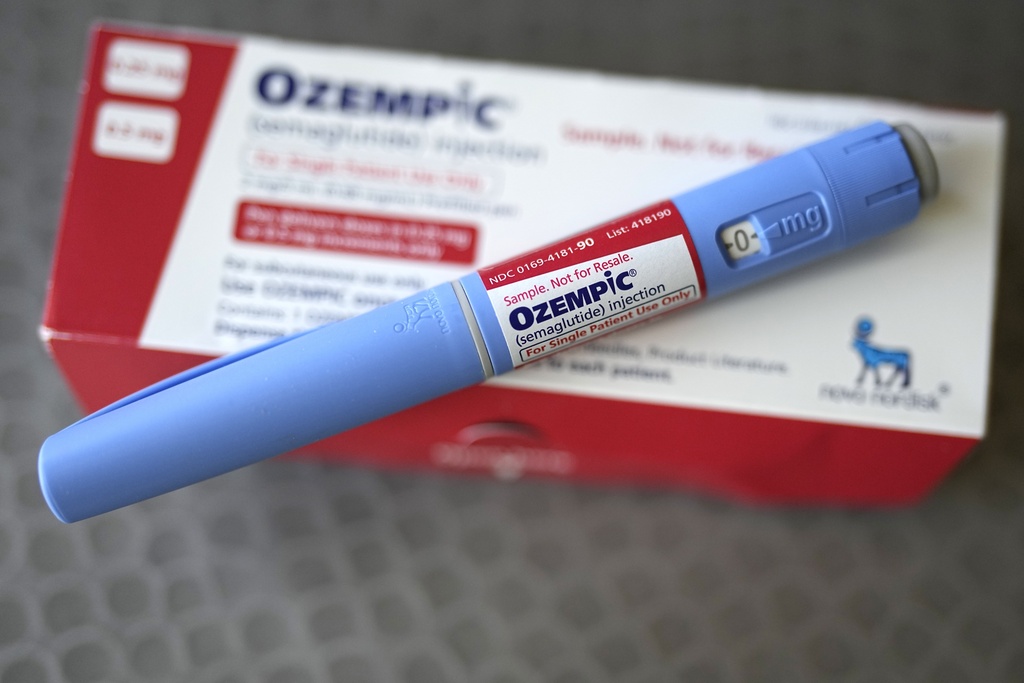A groundbreaking Israeli study has found that GLP-1 medications — the popular class of weight-loss drugs that includes Ozempic and Wegovy — can dramatically reduce the risk of developing obesity-related cancers, surpassing even the benefits of bariatric surgery.
The findings, published in The Lancet’s eClinicalMedicine, analyzed thousands of patients with obesity and type 2 diabetes who were prescribed GLP-1 drugs such as liraglutide (Saxenda), exenatide (Byetta), and dulaglutide (Trulicity). The study excluded newer drugs like semaglutide (Ozempic) and tirzepatide (Zepbound), but still showed striking results: patients on GLP-1s were 41% less likely to develop obesity-linked cancers than those who underwent surgical weight loss procedures.
“We do not yet fully understand how GLP-1s work,” said Dr. Yael Wolff Sagy of Clalit Health Services, co-lead author of the study. “But this adds to the growing body of evidence that these drugs’ benefits go far beyond shedding pounds.”
Obesity is a known risk factor for at least 13 cancers — including breast, colon, pancreatic, and liver cancers. Until recently, experts believed weight loss itself was the primary driver in reducing that risk. But this study points to something more powerful: a unique metabolic impact that may directly inhibit cancer development.
“The protective effects likely arise from multiple mechanisms, including reducing inflammation,” said co-lead author Dr. Dror Dicker of Hasharon Hospital in Petah Tikva.
Independent experts are calling the study a potential game-changer in the fight against cancer. “This work could herald a whole new era of preventive cancer medicine,” said Prof. Mark Lawler of Queen’s University Belfast. “GLP-1s could cut cancer risk by nearly 50% — that would be transformational.”
A separate study last year echoed similar findings, showing that people on GLP-1 drugs had reduced risk for 10 of the 13 cancers tied to obesity.
“These drugs not only promote weight loss but also improve insulin sensitivity and reduce insulin levels,” explained Lindsey Wang of Case Western Reserve University, “which may help slow cancer cell growth.”
Once marketed primarily for diabetes control, GLP-1 medications are now at the center of a revolution in metabolic medicine — with new evidence suggesting they may be one of the most powerful cancer prevention tools ever developed.
(YWN World Headquarters – NYC)












3 Responses
The question is if this study is real or a paid announcement by these “scientists”. There are studies that show there is a risk to take this type of medication as it can cause ….
Would l;ove to hear from others who are taking this medication or considering it.
What a coincidence of the timing g for this study. In the past week, Weight Watchers filed for bankruptcy.
I don’t believe in magic. I also do believe that while their benefits may appear incredible and miraculous, they are on the market a very short time. Only time will tell the long term effects of these drugs especially as they’re designed for long term use but tested only for short term use.
And strangely enough it was associated with thyroid cancers. Other more insidious damage may pop up for people who use it for many years and it’s was too soon to tell. Particularly for gastric damage as it slows the digestive system down to a crawl and can cause the bowels to eventually shut down in some people with long term use. IMO it hasn’t been used long enough to really judge. I will stick to diet and exercise, and accept that I might never lose the last 15 pounds even so.